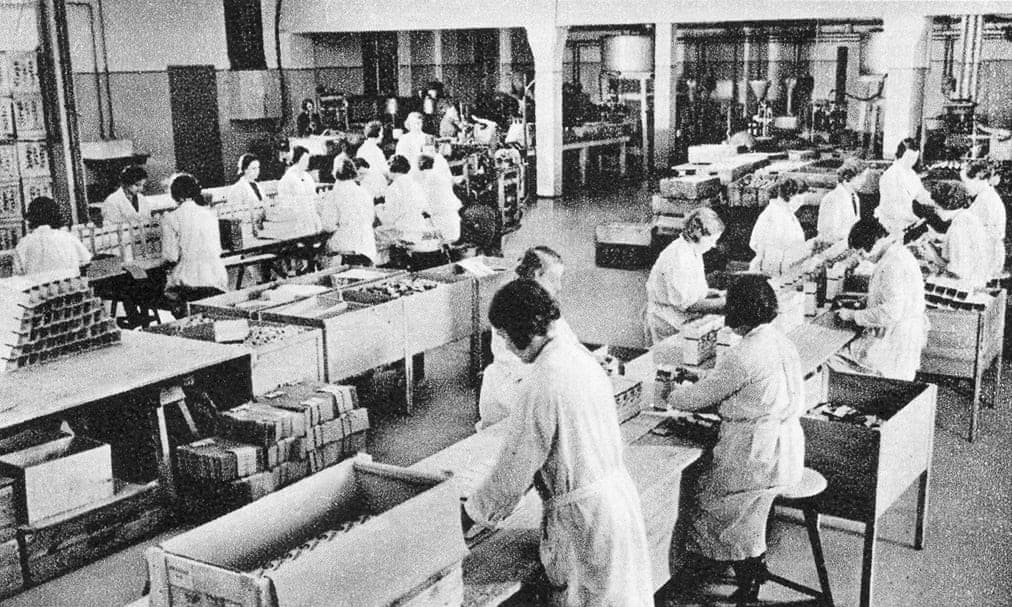In the eighteenth century, a Prussian king tried to create an army of super big soldiers. He couldn’t find enough for a whole army, but he gathered a regiment thousands strong. To make them taller, he tried to stretch them on a rack. He also tried to breed super soldiers by crossing his giants with tall women. Other military establishments took different routes. Instead of super-soldiers, they tried to get superb performances out of normal soldiers with drugs or booze.

30. A Prussian King’s Quest for Super Soldiers
Frederick William I (1688 – 1740) was Prussia’s king from 1713 until his death in 1740. The country he inherited was a backward and second-rate power. An ascetic, he rejected the fluff and frippery of the glamorous court in which he was raised and dedicated himself to the enhancement of Prussia’s stature. Through his tireless efforts, he transformed his country into an efficiently well-run and prosperous state. His son and successor Frederick II the Great built on that and catapulted it into the ranks of Europe’s major military powers. Frederick William was fascinated with the military, and most of his work was dedicated to increasing Prussia’s armed might. So much so that he was nicknamed Soldatenkonig, or the “Soldier King”.

When Frederick William became king, Prussia had 38,000 soldiers, supported mostly by foreign subsidies. By the time he died in 1740, the army had grown to 83,000 out of a population of 2.2 million. Prussia was financially independent and had become Europe’s third military power, behind France and Russia. It was a sizeable army for such a small kingdom and gave rise to a quip that Prussia was not a country with an army, but an army with a country. Frederick William’s passion for the military took him in weird directions at times, such as his lifelong quest for super soldiers. As seen below, the Soldier King collected giant soldiers and tried to breed giants for his army.

